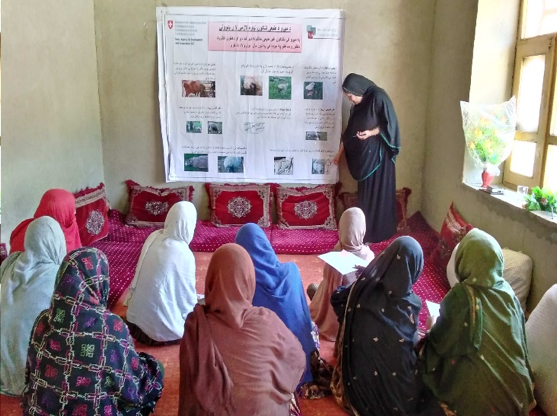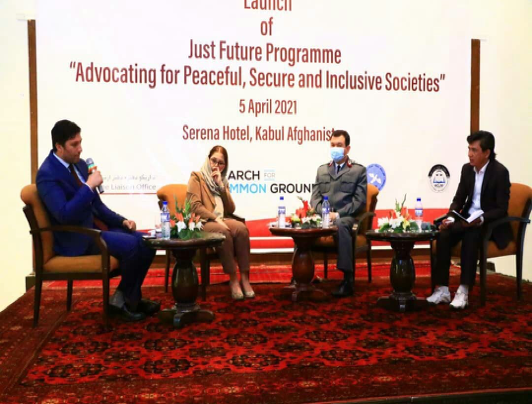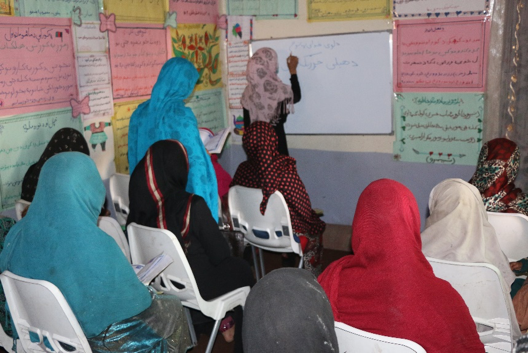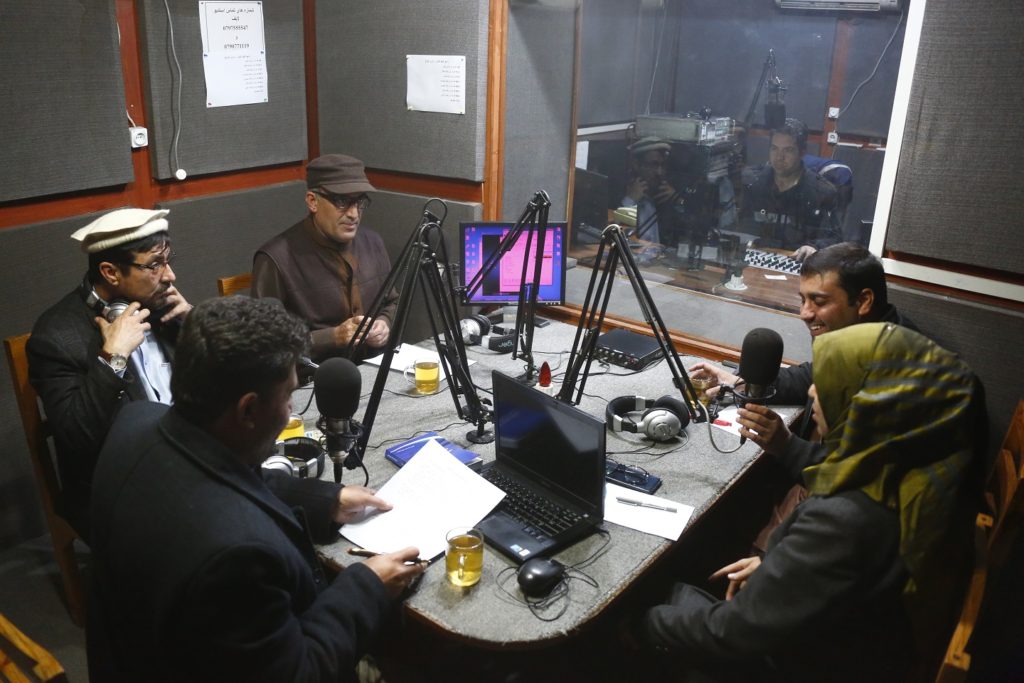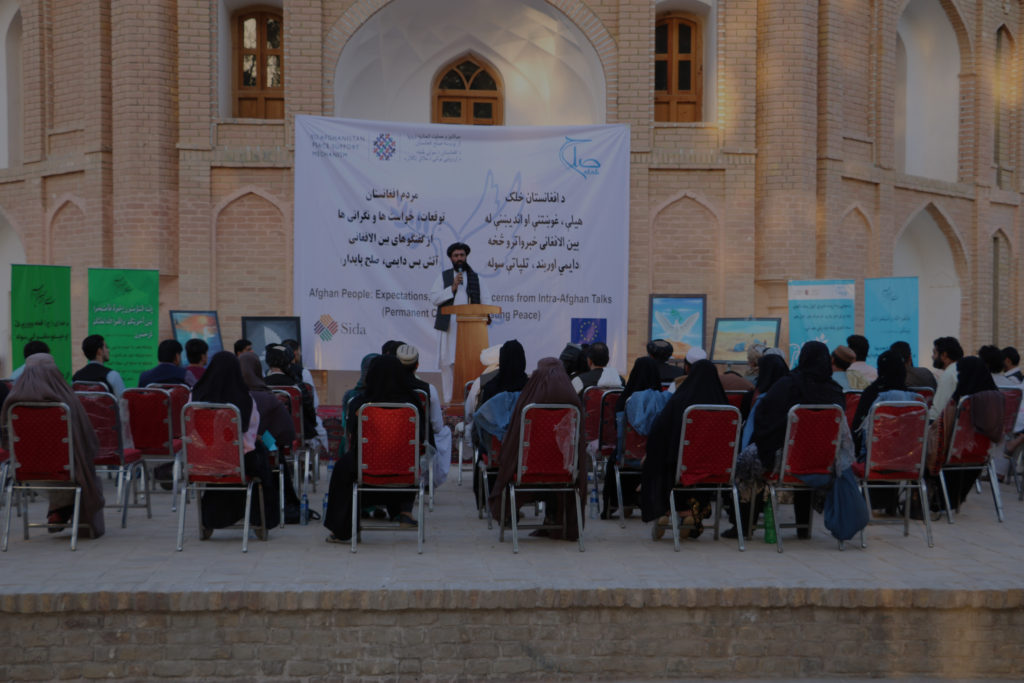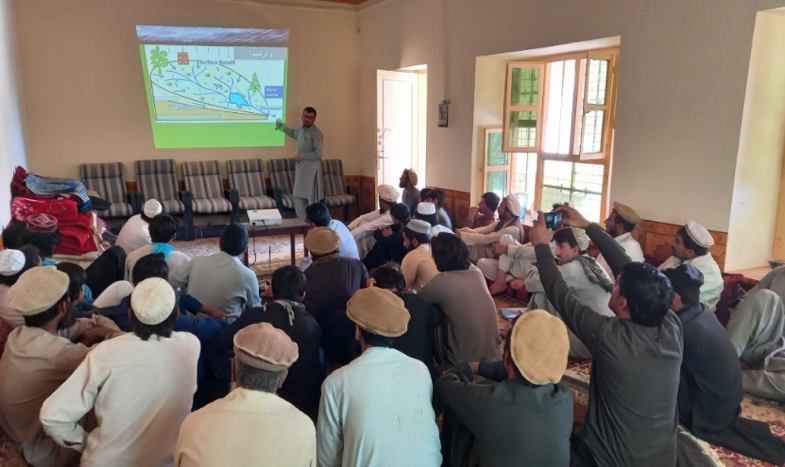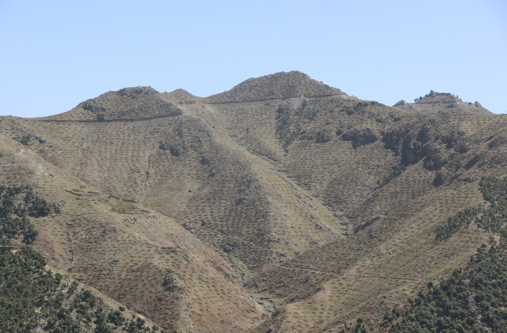
Welcome to TLO
Founded in 2003, The Liaison Office (TLO) is an Afghan non-governmental organization (NGO) that emerged from a Swiss peace pilot project (supported by the Heinrich Böll Stiftung) on good governance after the organization was approached by southeastern province community elders requesting assistance for participation in the peace and reconstruction process. TLO has since evolved into an independent Afghan NGO registered under number 611 with the Ministry of Economy of Afghanistan. GEOGRAPHICAL COVERAGE: Currently, TLO is based in Kabul with regional offices in Paktia, Khost, Hirat and Nangarhar and additional field offices across Afghanistan. The organization employs more than 100 staff, though in prior years more than 250 staff have worked at TLO’s main office, regional and field offices. TLO expanded from its original 2003 operations in Southeast Afghanistan (Paktia, Khost, Paktika, Logar) into the South (2005) and East (2008). In 2009, TLO began working in the Northern and Central provinces; and in 2011 started to research and analysis in Western Afghanistan. The organization has worked in almost every province, except Badghis and Bamyan, though its presence has been strongest in the 15 provinces of Paktia, Khost, Paktika, Nangarhar, Kunar, Laghman, Kabul, Kandahar, Uruzgan, Faryab, Kunduz, Baghlan, Badakhshan, Nimroz, and Helmand.
Our Projects
TLO-SLSD Project
Project Objective: Livelihood and resilience of resource-poor, and smallholder farmers[1] is sustainably improved in Paktia and Khost provinces of Afghanistan. Outcomes: The productivity of resource-poor farmers ‘Income Generation Activities’ is enhancedCB-NRM associations halt degradation and manage common natural resources sustainablyThe productivity of smallholder farmers’ Land-based
SALAH, Lobbying and Advocacy for Access to Justice
The Lobbying and Advocacy for Access to Justice Project was funded by the Dutch Ministry of Foreign Affairs and implemented by Cordaid-Afghanistan in partnership with SALAH consortium from 2016 to 2020. Salah consortium consists of five top Afghan civil society organizations including; The Liaison Office
ADALAT Project
Assistance for the Development of Afghan Legal Access and Transparency (ADALAT)— Traditional Dispute Resolution (TDR) commonly known ADALAT is a Checchi Consulting funded project implemented by The Liaison Office (TLO). The goal of the project is to increase TDR adherence to Afghan law, equitable treatment
Commission on Conflict Mediation
Paktia and Khost face similar problems as most of the other South Eastern Afghan provinces. Conflicts over land, water, and other resources linked to or causing tribal rivalries are of major concern to the Afghan government. Government verdicts in these conflicts are exploited by hostile
COMMUNITY WATCH PROJECT
In the aftermath of international troops’ withdrawal in 2014, the government of Afghanistan was coping up with challenges on a number of grounds, chiefly security. In the area of security, a key challenge was the role of police force, particularly the lack of community confidence
Just Future
Fragility, conflict and violence are the most significant obstacles to achieving the Sustainable Development Goals (SDGs). In the most fragile and conflict-affected country like Afghanistan, insecurity and injustice is chronic and widespread due to weak, unresponsive institutions that do not meet the needs and claims
Peace Building & Access to Justice
The Liaison Office (TLO), founded in 2003, an Afghan non-governmental organization (NGO) emerged from a Swiss peace pilot project supported by the Heinrich Böll Stiftung on good governance. The pilot project was designed and implemented in response to the request of community elders and influential individuals from
Peace by Piece: Driving Community-Level Peace and Reconciliation in Afghanistan
Conducting a conflict analysis and mapping of networks and influencers to understand the contemporary dynamics and key players before conducting local level restitution dialogues to validate assessment outcomes and feed into recommendation and peacebuilding approach ideas to be shared with US and Afghan stakeholders. By
Professionalization of Attorney General Office Administrative Staff (PAAS)
The Attorney General’s Office (AGO) carries a wide range of responsibilities related to the criminal justice process in Afghanistan. It covers the entire spectrum of criminal prosecution. AGO’s office constitutes one of the necessary components of Afghanistan’s criminal justice system along with judges and the
Promoting Youth Integration Project
The Liaison Office (TLO) started work with IDPs since October 2014 in two targeted Nasaji PD 8 and Pule-e-shina PD 12 camps. IDP families of these camps are the original residents of Kandahar, Helmand, Uruzgan, and Kapisa provinces. In this project 100 IDPs youth: male
Promotion of Peace through Media and Civil Society Organizations
The development pathway of any country requires a stable public policy, implementation of that policy, and a transparent and efficient governance system that could cater to the needs and aspirations of its citizens. This presupposes internal stability, peace, and cohesion among divergent population groups who
Advocacy for Raising Afghan People’s Voice in The National Peace Process
The ownership of Afghan peace process and participation in it has been largely criticized not only because of the inadequate participation Afghan government in the peace process but also because people of Afghanistan have limited access to information regarding the decisions. Social peace and inclusion
Supporting and Promoting Madrassa Reforms
To support and promote institutional reforms and regulatory oversight of the madrassa system in Afghanistan. The project seeks to lay the foundation for madrassa reforms in Afghanistan through a multi-layered approach that involves comprehensive desk and field research, expert consultations, and mapping and developing a
Pakistan Afghanistan Tajikistan Regional Integration Program (PATRIP)
Project Objective: Strengthening Social Cohesion through Community-based Natural Resource Management in -Paktia and Khost provinces of Afghanistan. Objective, Results and Proposed Activities This section describes activities, results (outputs), and objectives (direct outcomes) as structured along the project’s three main components: Technical support to strengthen water
Forest Landscape Restoration (FLR) Project
Project Objective: Ecological and productive functions of degraded forest landscapes have been restored in -Paktia and Khost provinces of Afghanistan. Outcomes: Outcome 1: Ecologically sustainable and economically viable approaches to the restoration of close-to-forest ecosystems have been implemented. Outcome 2: The resilience of the rural

